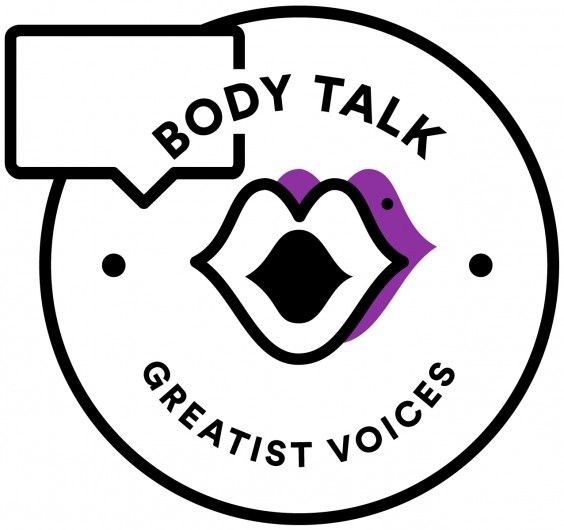If you’re alive, female, and over the age of 11, you’ve no doubt gathered by now that “loving your body” is something you should try to do. But the reasons why—touted in all those well-intentioned-but-pat magazine stories and inspirational Pinterest quotes—leave me cold. What, exactly, does a person get out of liking her body more?
A ton, as it turns out. A growing body of research pinpoints links between seemingly unrelated elements of physical and mental health to being OK with the shape of your body. Notice I’m not saying “loving” your body. Because honestly, I believe it’s unrealistic to love everything about ourselves, all the time. What are we, the models in those bandwagony “Love My Body” Victoria’s Secret ads? (Which were ridiculous, by the way—how is seeing Alessandra Ambrosio and Rosie Huntington-Whiteley writhe around in underwear mouthing “I love my body” helpful or relatable to any regular woman?)
Anyhow, for many of us, learning to feel positive or even neutral about our physical form may take some work—but I’ve dug up three very concrete reasons why it’s worth it.
1. No matter their actual weight, people who are OK with their bodies take fewer sick days and feel healthier.
Did you catch the key phrase there—“no matter their actual weight”? Despite the barrage of somewhat overblown headlines about the hazards of being overweight or obese, researchers at Columbia University found that size had less to do with a person’s overall sense of healthfulness than how he or she felt about that size.I think therefore I am: perceived ideal weight as a determinant of health. Muennig P, Jia H, Lee R. American journal of public health, 2008, Jan.;98(3):1541-0048. (This was a huge study too: 150,000 people.) Big folks who accepted their shapes and weren’t desperate to lose weight took fewer sick days and generally felt better than those who were dissatisfied and wanted to drop pounds. Apparently, good body image = good medicine.
2. Women of any weight who accept their “flaws” are better able to handle setbacks and disappointments in their daily lives.
A small but fascinating study out of Waterloo University in Canada showed self-compassion led women to have better body image, be more resilient during stressful times, and be less likely to engage in disordered eating.Self-compassion moderates the relationship between body mass index and both eating disorder pathology and body image flexibility. Kelly AC, Vimalakanthan K, Miller KE. Body image, 2014, Aug.;11(4):1873-6807. I just love how lead researcher Allison Kelly put it (emphasis mine): “There is something about a high level of acceptance and understanding of oneself that helps people not necessarily view their bodies more positively, but rather acknowledge their bodies’ imperfections and be OK with them.”
3. Disliking your body may increase your risk of obesity.
Yep. Far from motivating or inspiring anyone to “get healthier,” feeling ashamed of your size has been linked to staying or becoming fat. (Don’t worry, it’s OK for me to say the f-word because I’m fat. Right?) Last year, a study of several thousand teens from the University of Texas Health Science Center at Houston discovered that, regardless of their current weight, kids who thought of themselves as overweight were twice as likely to actually be obese one year later.Does major depression affect risk for adolescent obesity? Roberts RE, Duong HT. Journal of affective disorders, 2015, Jul.;186():1573-2517. Another study of more than 4,000 adults showed that non-obese people who had experienced name-calling or other weight discrimination were two-and-a-half times more likely to become obese four years later.Perceived Weight Discrimination and Obesity. Sutin A, Terracciano A. PLoS One. 2013; 8(7): e70048.Folks who were already fat and experienced weight bias were three times likelier to have stayed that way.
The takeaway, IMHO, of all these findings? If a person wants to have a healthier, more successful, perhaps even longer life and start feeling better now (rather than 5 pounds or two sizes from now), perhaps tackling bad body image should be step one.
Sunny Sea Gold is Greatist’s body image columnist and the author of Food: The Good Girl’s Drug—How to Stop Using Food to Control Your Feelings (Berkley Books, 2011). A health journalist by trade and training and a mom of two little girls, she’s also an advocate and educator focused on reducing the rates childhood obesity and eating disorders by building Body-Positive Families.


